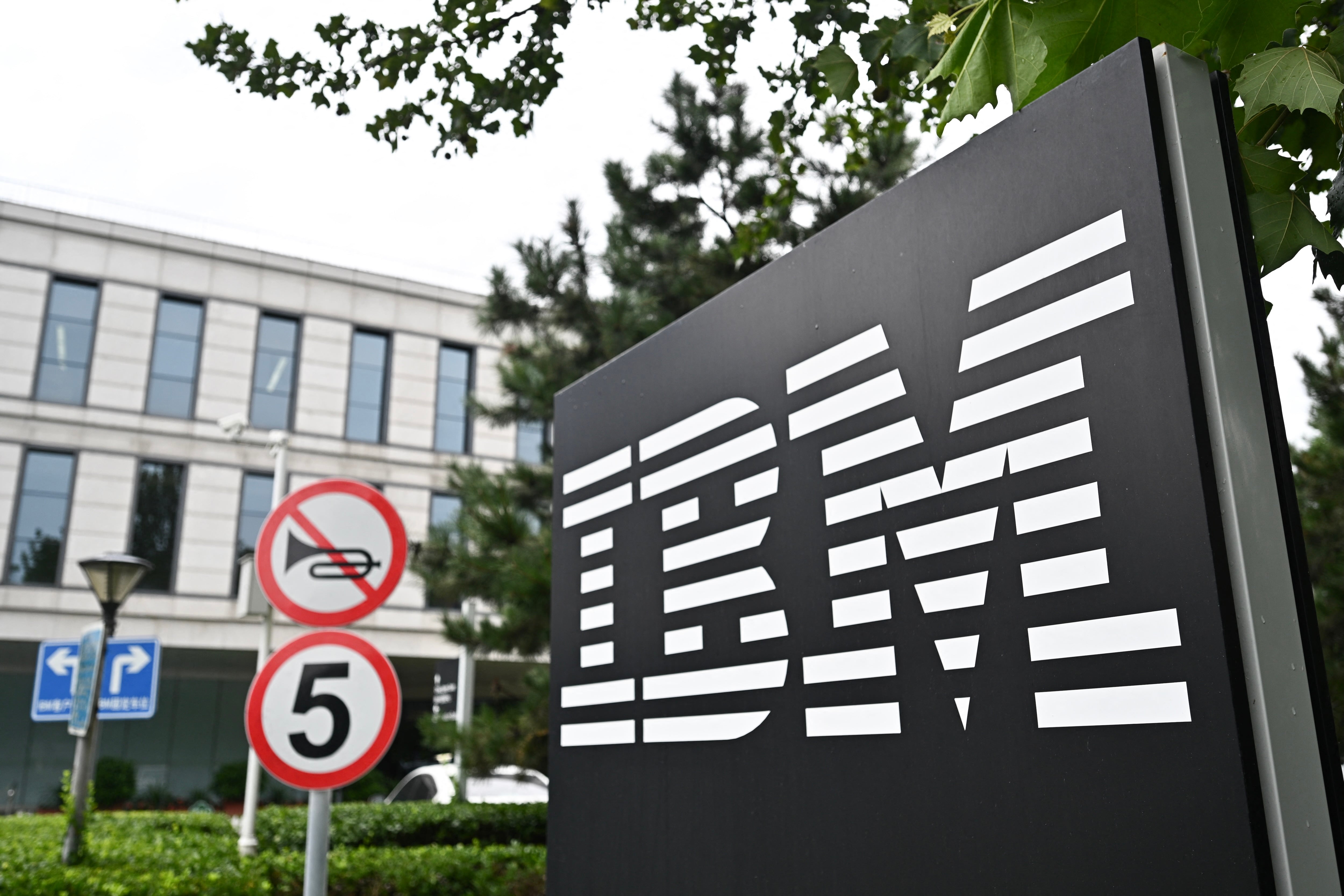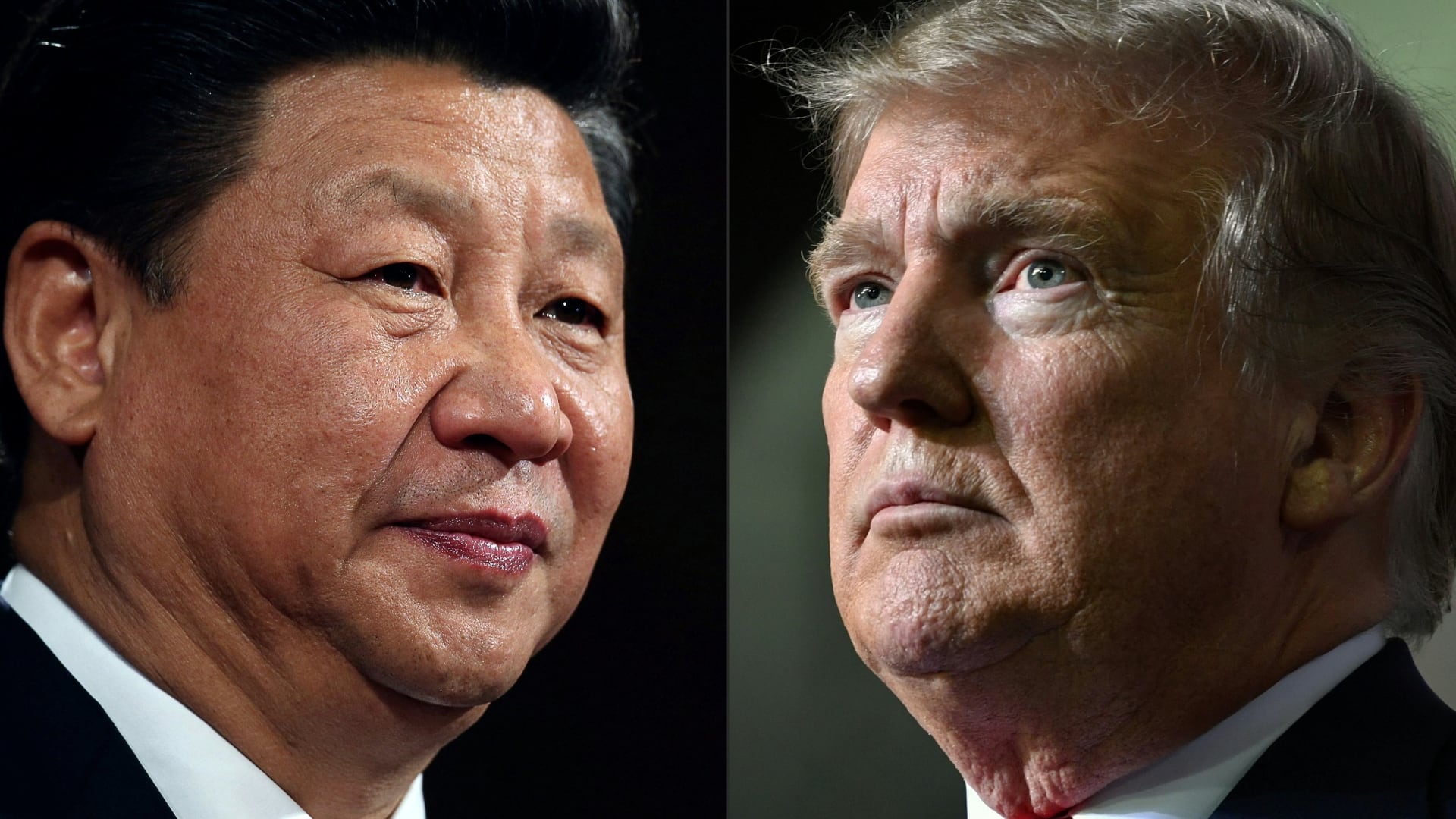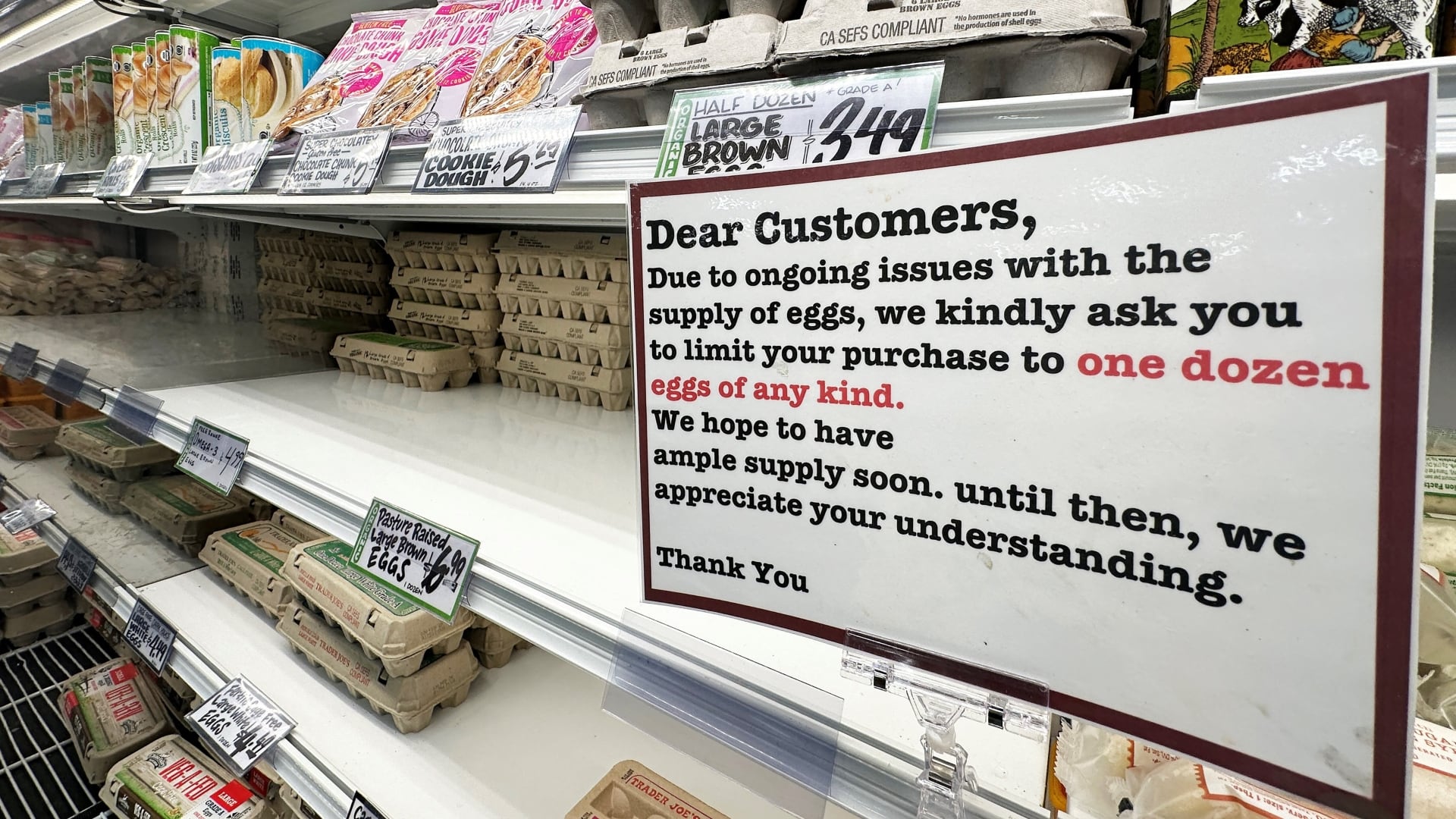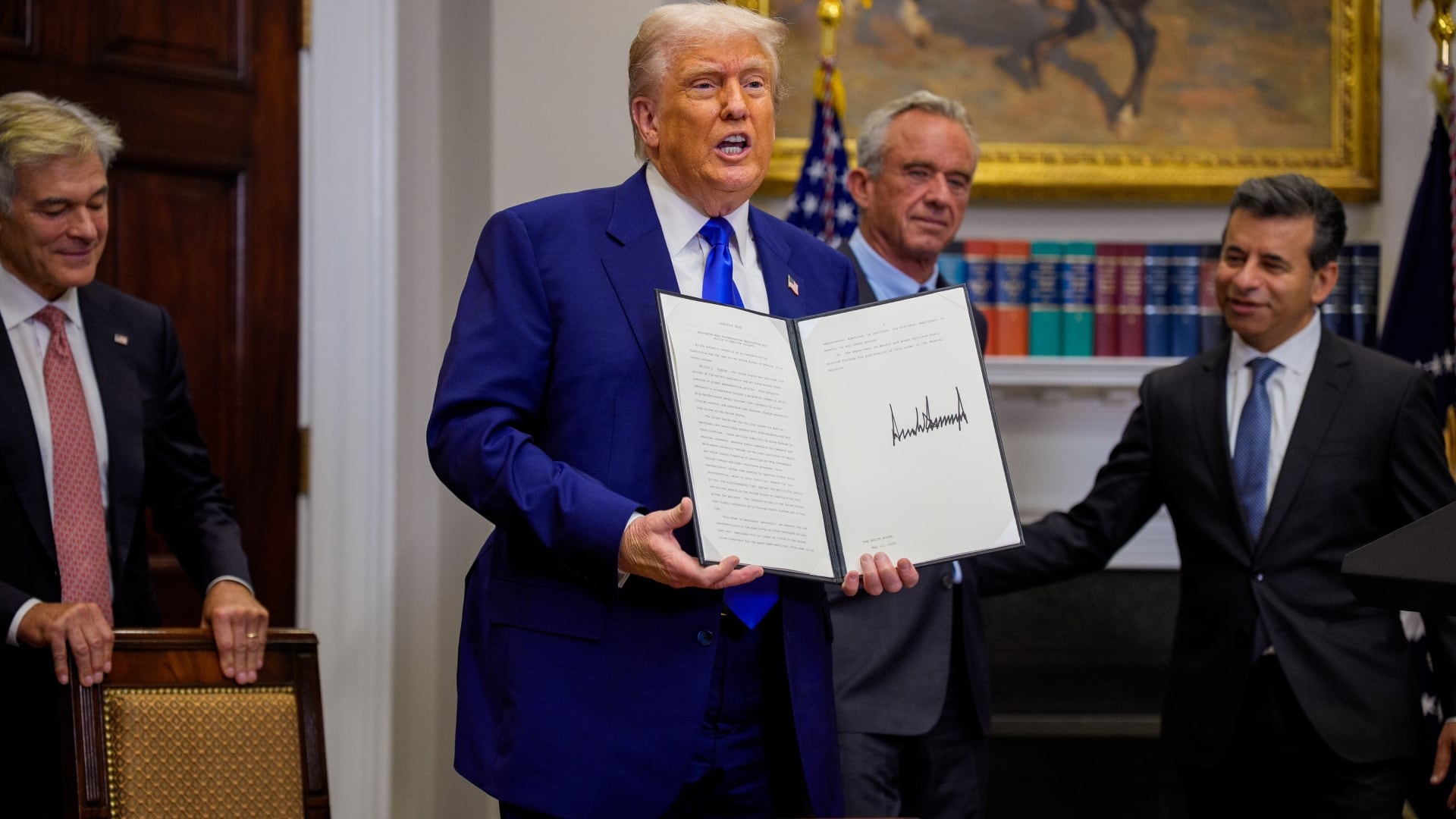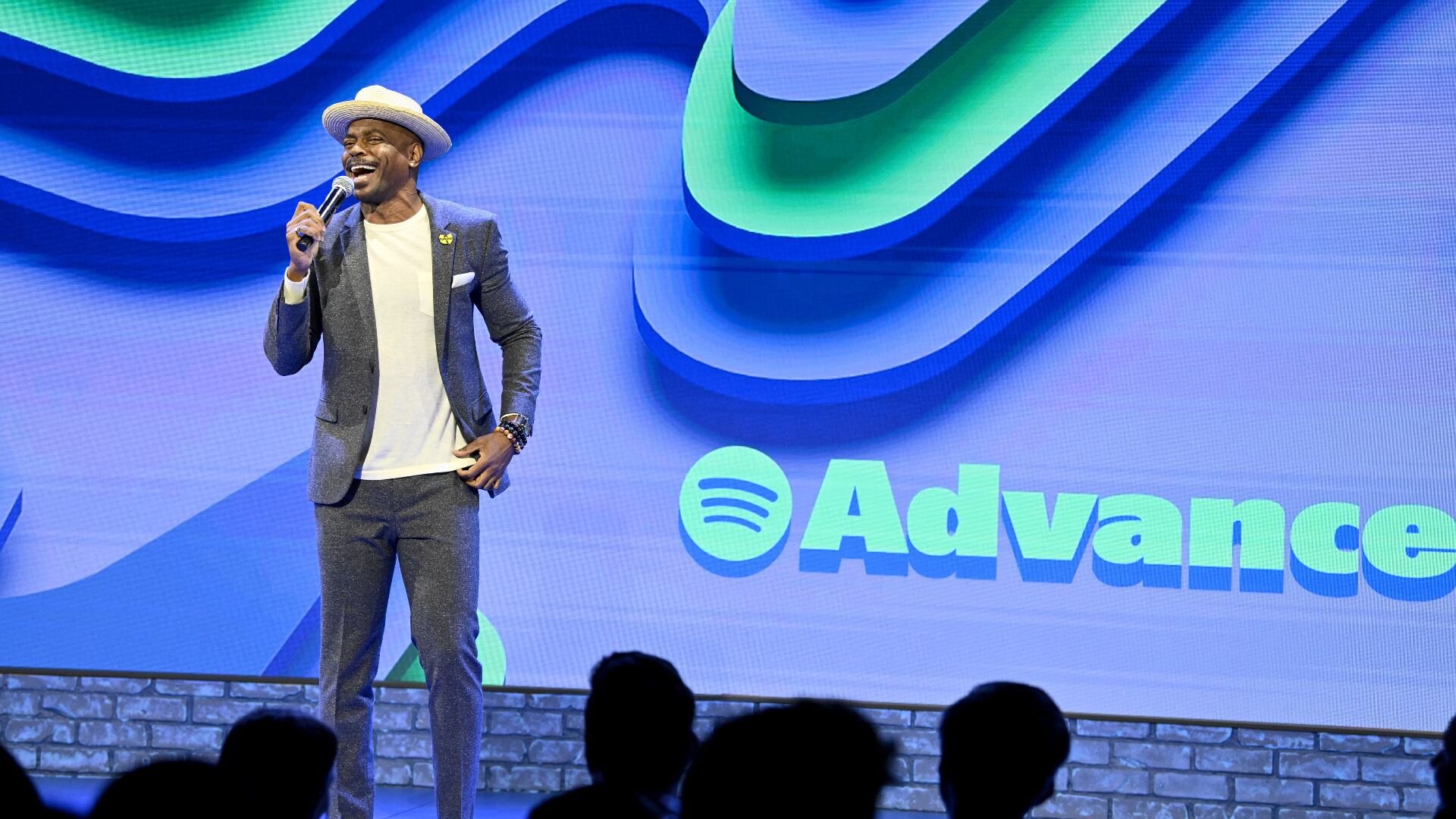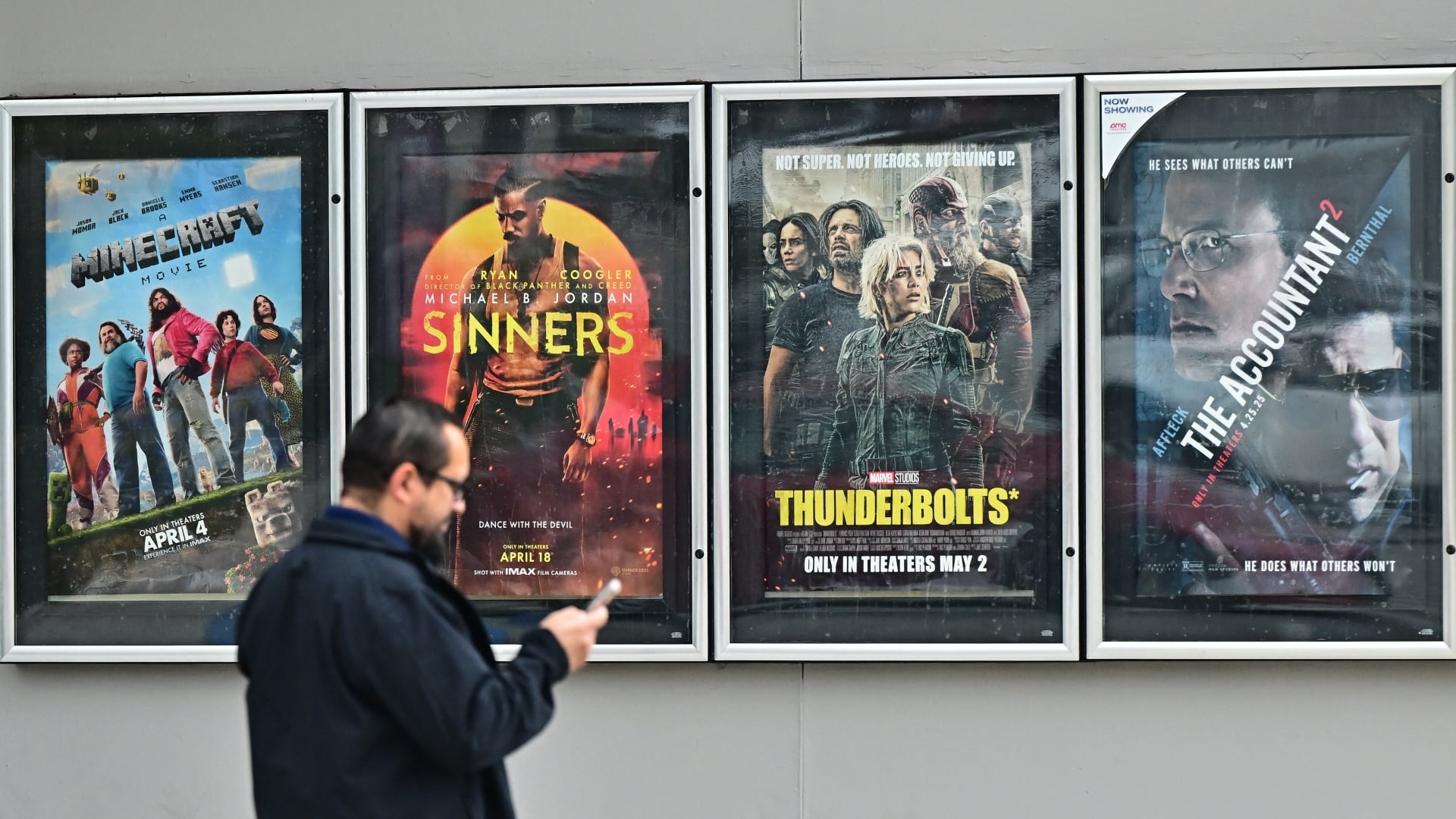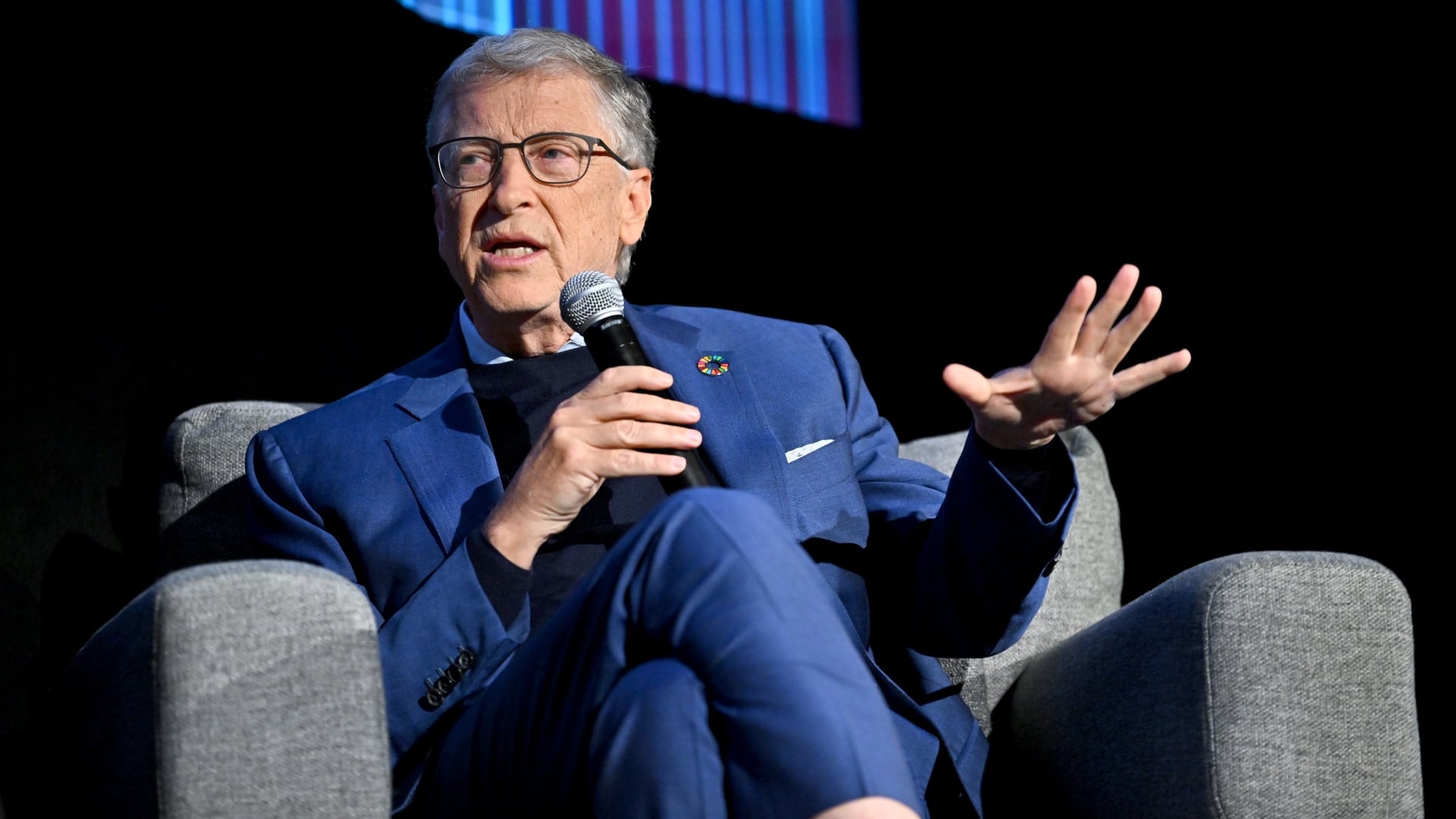*By Tracey Cheek* Firefly is a car-top digital smart screen that benefits ridesharing drivers by giving them a new source of income ー and helps their home cities by providing them with new streams of data, the company's CEO told Cheddar. "We placed digital smart screens on top of taxi and rideshare cars, and thereby we serve location and time-targeted outdoor advertisements, at the same time our smart screen generates a lot of smart screen data which we share back with municipalities and cities," said Firefly's Co-Founder and CEO Kaan Gunay. Firefly, which launched in December with $21.5 million in funding, has a list of around 8,000 drivers waiting to get on its platform, and only works with full-time drivers. The service is currently only in California, but will be launching in New York soon. "When you do work with Firefly you can make 15 to 20 percent extra income without having to do anything different," Gunay said. "You drive same amount of time, you drive the same amount of hours." Investors look at Firefly as a smart city data company and also an out-of-home play, according to its CEO. Along with helping ridesharing drivers boost their pay, the technology helps meet cities' growing need for data. The company launched around the time of the California wildfires, which provided an immediate use case for its technology. "Initially we ended up launching with pollution information," explained Gunay. "Because our cars on every single street, pretty much on any given moment, we were able to provide real time information of air quality to the Coalition of Clean Air in California." He said the company is also developing technology to help identify the location of potholes that can also be fed back to municipalities. The tech start-up has a strict ad policy, so don't expect to be seeing cannabis, tobacco, or strip club ads on these taxis. "We have a very community-first mentality," said Gunay. "When we're serving alcohol ads, for instance, we're geofencing off schools so that children won't get exposed to that." For full interview [click here](https://cheddar.com/videos/tech-startup-firefly-adds-smart-screens-to-ridesharing).
